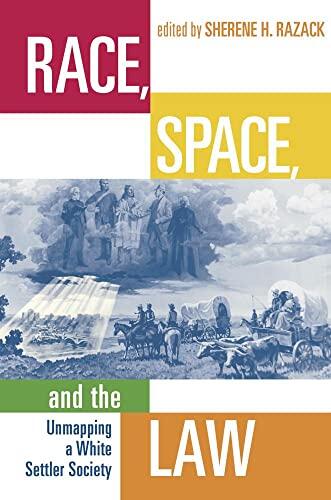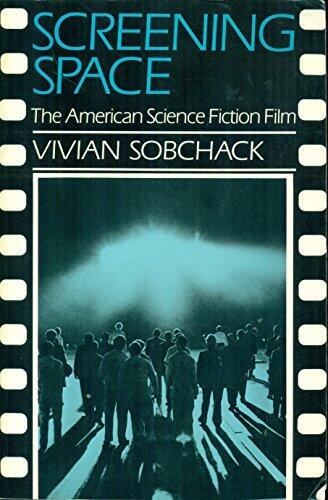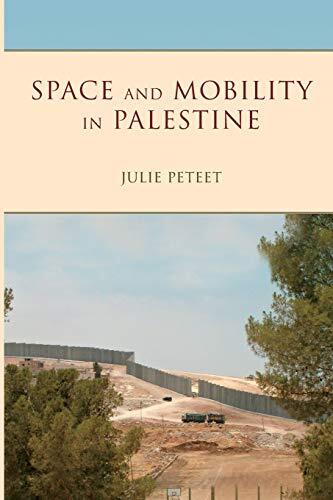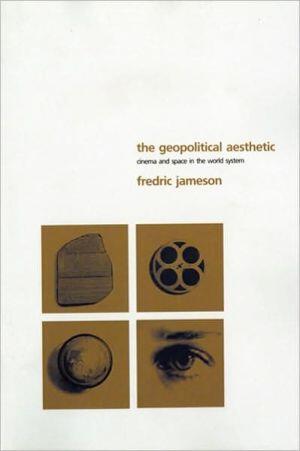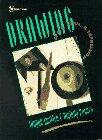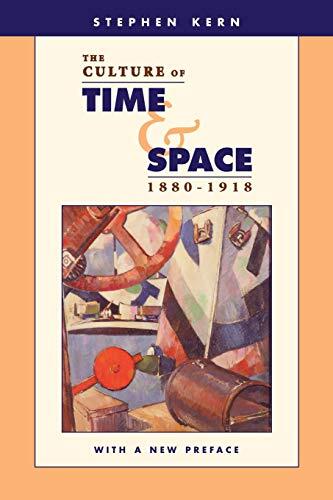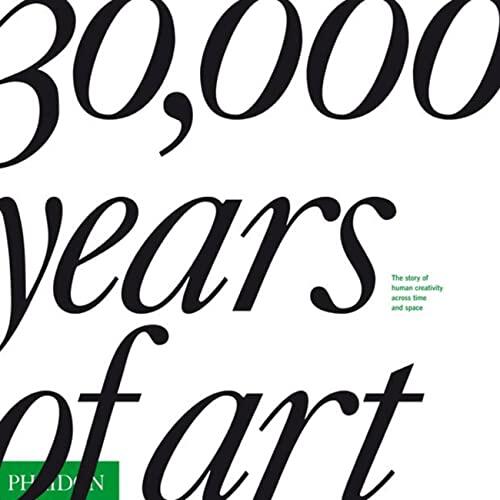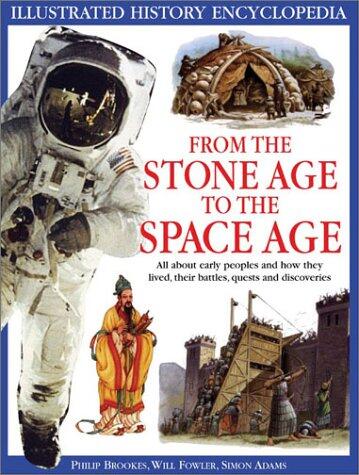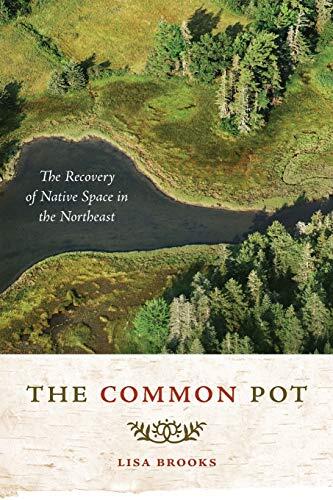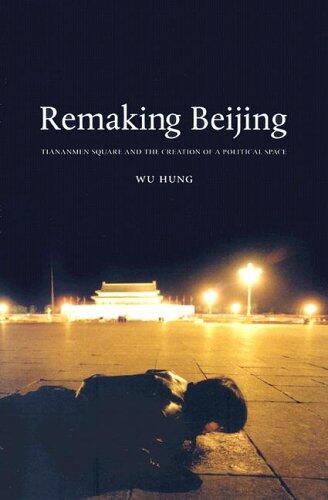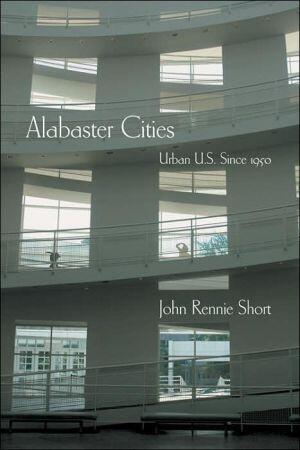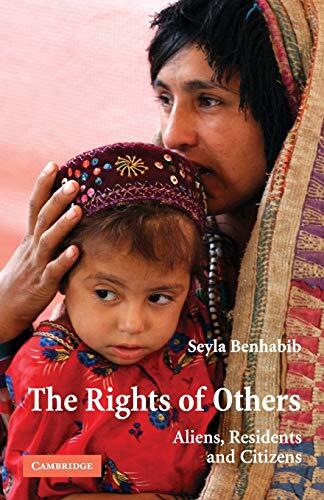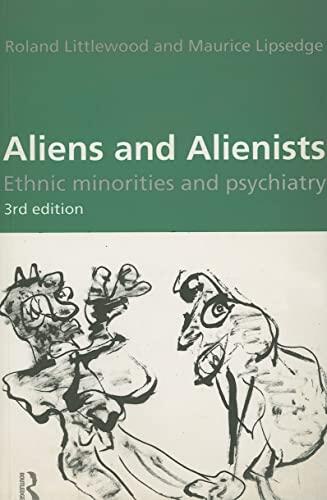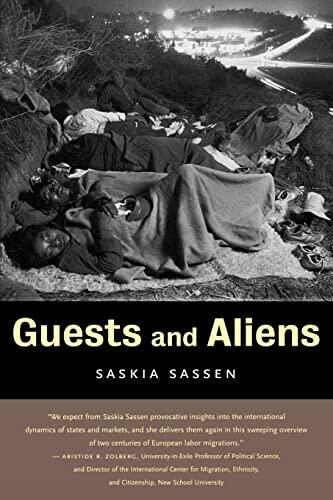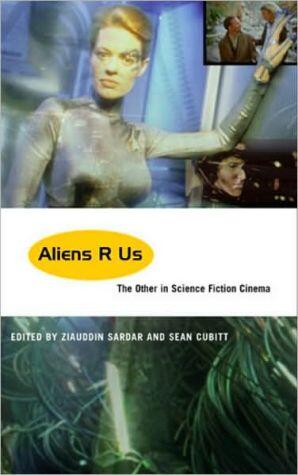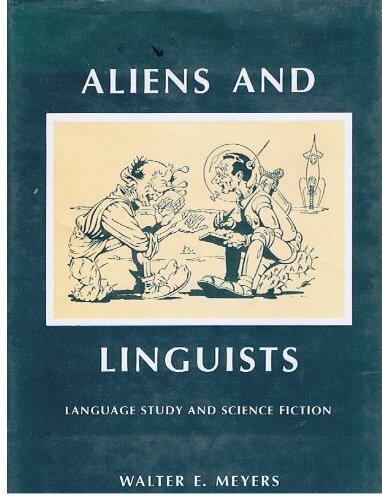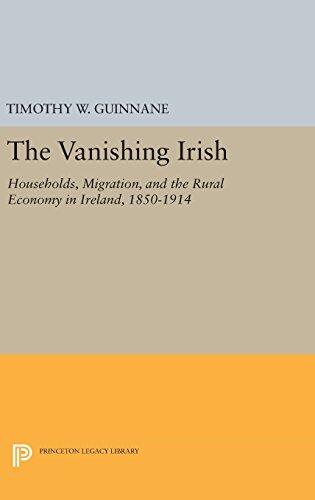
The Vanishing Irish: Households, Migration, and the Rural Economy in Ireland, 1850-1914
还没有评分
Action & Adventure
Religion & Spirituality
Science & Technology
+2
more
格式
精装书
页数
358
语言
英语
已发布
Apr 19, 2016
出版商
Princeton University Press
ISBN-10
0691653828
ISBN-13
9780691653822
描述
In this insightful examination of Irish society from 1850 to 1914, Timothy W. Guinnane illuminates the profound changes that shaped rural households and the economy during a period marked by significant migration. He delves into the interconnectedness of these themes, exploring how economic structures and societal norms influenced family dynamics and vice versa. The author's meticulous research draws on a wealth of historical data, providing nuanced perspectives on demographic shifts and their implications for rural communities.
Guinnane paints a vivid picture of the struggles and adaptations faced by households as many sought fortune elsewhere in the wake of economic challenges. As he traces the patterns of migration, he reveals the complex interplay between loss and resilience, highlighting stories of those who remained as well as those who left. These narratives serve to illustrate not just the statistics, but the personal experiences of individuals and families navigating these transformative years.
The book offers a holistic understanding of the rural economy in Ireland, reflecting on how migration reshaped not only individual lives but also the fabric of society. Through his compelling analysis, Guinnane's work stands as a significant contribution to the field of economic history, inviting readers to reconsider the legacy of migration and its enduring impact on Irish culture and identity.
Guinnane paints a vivid picture of the struggles and adaptations faced by households as many sought fortune elsewhere in the wake of economic challenges. As he traces the patterns of migration, he reveals the complex interplay between loss and resilience, highlighting stories of those who remained as well as those who left. These narratives serve to illustrate not just the statistics, but the personal experiences of individuals and families navigating these transformative years.
The book offers a holistic understanding of the rural economy in Ireland, reflecting on how migration reshaped not only individual lives but also the fabric of society. Through his compelling analysis, Guinnane's work stands as a significant contribution to the field of economic history, inviting readers to reconsider the legacy of migration and its enduring impact on Irish culture and identity.

